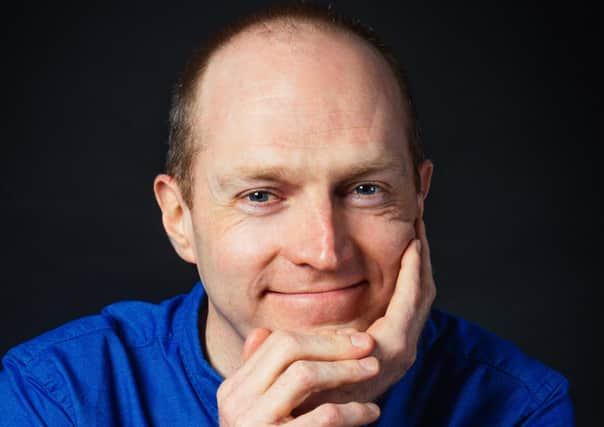Comment: The psychology of lockdown and its aftermath


Coronavirus and the public health response it triggered have changed our worlds dramatically.
For families directly affected by the virus, the past few months have involved combinations of illness, trauma, recovery and loss.
Advertisement
Hide AdAdvertisement
Hide AdOther people have spent most of the time at home, socially distancing and worrying about the future. Many have lost their jobs. Some have lost hope.
The public health response to coronavirus has worked well. But while social distancing and self-isolation help reduce transmission of the virus, they also create unusual social and emotional situations with which most people are unfamiliar.
Quarantine has similar effects, resulting in fear of infection, frustration, boredom and annoyance at lack of information.
These are psychologically challenging circumstances for everyone.
Advertisement
Hide AdAdvertisement
Hide AdNegative emotions are amplified by spending large amounts of time at home, but can be managed by careful awareness of how we feel, accepting support from other people, and looking after our diet, sleep and exercise as best as possible. Even when our movements are restricted, there is much that we can do.
This week, however, just as many people adjusted to the new psychological and emotional landscape, everything changed again. Or did it?
Certain restrictions are being eased. Some businesses can reopen. A degree of normality is starting to return.
This is good news. Public health measures are working, so we can go further outside, restart the economy and get people back to work. We must still observe the public health advice, but we can finally start rebuilding our lives.
Advertisement
Hide AdAdvertisement
Hide AdComing out of quarantine is a psychological transition as much as a physical one, so new challenges lie ahead. Some people are likely to be anxious about easing restrictions, worried about their risk of catching coronavirus or infecting others.
The best advice for these people is simple: trust the public health guidance. Despite various differences in approaches over past months, most countries have now landed on roughly similar guidelines. Public health officials know what they are talking about. They will monitor the situation over the coming weeks. Trust them.
For people who contracted coronavirus and recovered, easing the restrictions can bring additional problems with stigma, finances and tensions in relationships, as well as anger towards governments for perceived inaction. Again, these feelings are understandable and need to be recognised.
But while we cannot negotiate directly with emotions, we can observe them, try not to engage, and watch them subside. Taking advantage of our new freedoms – travelling a little further, returning to work – also helps to resolve these psychological issues.
Advertisement
Hide AdAdvertisement
Hide AdMany of the problems we now face are similar to those experienced by anyone who emerges from an institution, like a hospital, after a prolonged stay: lack of confidence, uncertainty about new freedoms, and worries about the long-term psychological impact of the entire episode.
How can we navigate this anxiety? There is much that we can do.
First, stay informed. Read the public health advice with care. Trust it. Follow it.
Second, do not be afraid. Go outside if you are advised that you can. Physical and mental health are very closely linked. Going outside helps with both. Be sure to take steps forward.
Advertisement
Hide AdAdvertisement
Hide AdThird, take it easy. If you have not been outside in some time, take short trips to build your confidence. We need to relearn some of our old behaviours. This takes time.
Emotional awareness is vital. These are very unusual circumstances at a time of unique emotional intensity. Be compassionate towards yourself and others. Take full advantage of the thaw. The recovery starts here.
• Brendan Kelly is Professor of Psychiatry at Trinity College Dublin and author of ‘Coping with Coronavirus’ (Merrion, 2020), which he wrote in five days at the start of lockdown and the proceeds of which will go to charity.